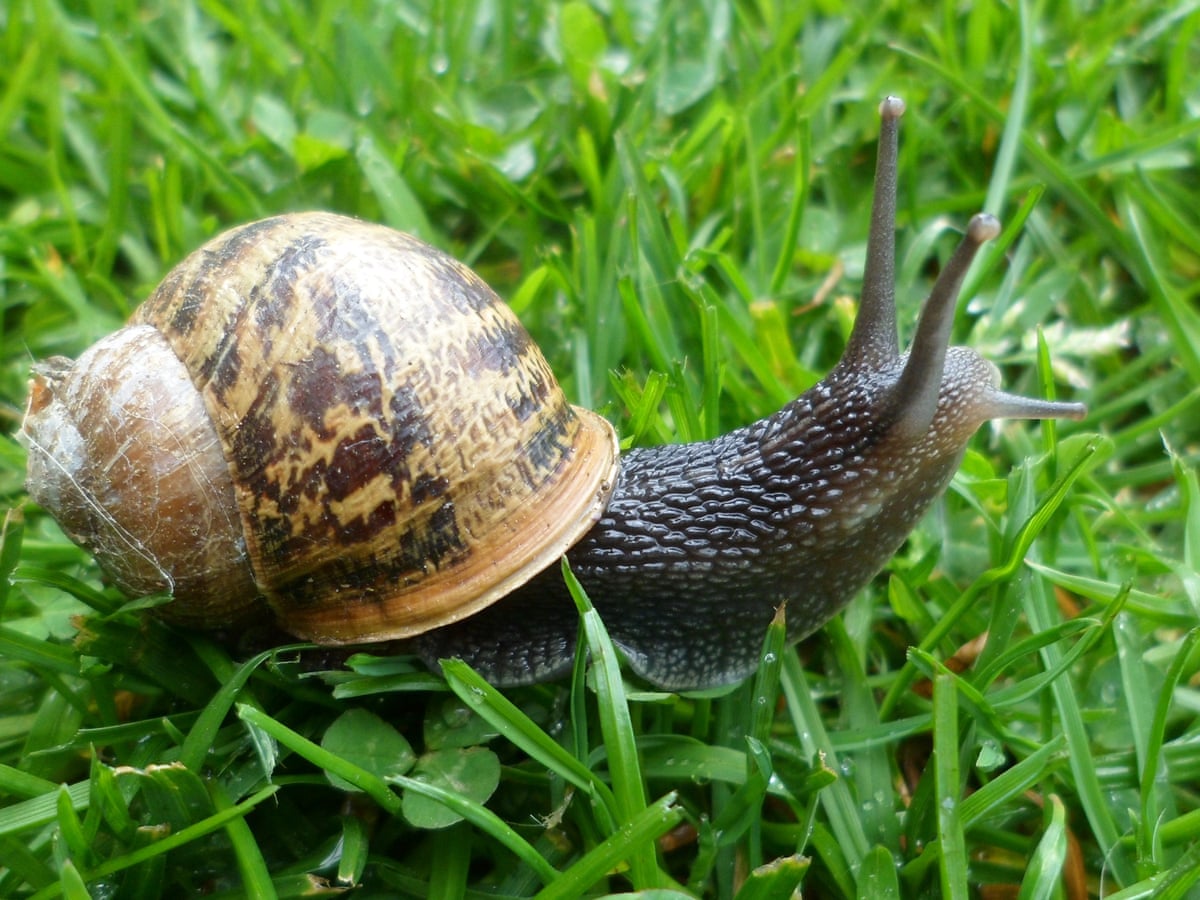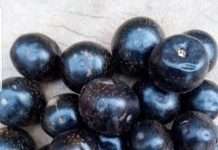
Snails are slimy animals that crawl around on walls and sidewalks, especially after rainfall. There are many species of snails but Archachatina marginata (Giant West African snail) (Family: Achatinidae) is the most commonly reared in southwest Nigeria. Snail is called katantanwa in Hausa, eju or ejula in Igbo and igbin in Yoruba.
Constituents
Snail contains 80 per cent water, 15 per cent protein and 2.4 per cent fats. In addition to that, it contains other minerals like selenium, calcium, phosphorous, magnesium and iron, and also vitamins A, B1, B3, B6, B12, E, and K. Snail slime contains allantoin, antimicrobials, glycolic acid, collagen, elastin, copper, proteoglycans, and unique proteins called glycoproteins, the most common being hyaluronic acid.
Preparations
Snails are available in the life form or processed and marketed in the frozen or dried form. In preparing delicacies, snails may be boiled or fried after bringing out from the shell.
Pharmacological actions and medicinal uses
Snail meat benefits the bones and teeth because it is rich in calcium and phosphorous. It increases bone density, which prevents brittleness; thus, it is good for those suffering from osteoporosis. Eating snail meat is also good for the heart and blood pressure because it is rich in Omega-3 fatty acids, magnesium and potassium.
A diet rich in snails will help prevent or combat iron deficiency anaemia. Vitamins B1, B3, B6, and B12 are important vitamins that aid in the treatment and prevention of diabetes.
Meat extract and snail slime provide benefits for treating eye lining irritation, menstrual discomfort, itching, toothache, and other conditions. Snail slime contains collagen, which helps to strengthen the skin, increase elasticity and prevent wrinkles. The hyaluronic acid hydrates the skin. In traditional medicine, snail slime has been used in the treatment and prevention of various types of skin diseases such as acne scars, stretch marks, psoriasis, eczema, wrinkles, dark spots, blackheads, rosacea, warts, dermatitis and calluses.
The anti-inflammatory and antioxidant properties of snail help to build and strengthen the immune system; it lowers the risk of some diseases like cancer by protecting the body. High-fat foods like red meat can be replaced with snail meat by weight watchers.
Reports have it that the slime from snails has been used as syrup in the treatment of gastrointestinal ulcers and coughs (and even tuberculosis) when mixed with water and honey. The powder from the shell of a snail is utilized as a calcium supplement in animal diets for poultry, cattle and other small animals. It can be mixed with water and ingested to relieve bloating. Ziconotide, an analog of the conopeptide component of snail venom, is reportedly 1,000 times more potent than morphine as a non-opioid analgesic for chronic pain.
Adverse effects
The consumption of raw snails might lead to a serious health issue known as rat lung worm disease. Major signs include: regular headaches, stiffness, fever, nausea, and even vomiting.
Economic uses and potentials
According to experts in the snail farming sector, the industry is worth $12,000,000,000 and has a consumption of about 450,000 tons annually. There are high demands for African land giant snail meat internationally. The annual demand for snails in Nigeria has been pegged to be at about 7.5 million kg per year. On the average, the price of a mature snail goes for N500-1000 each, depending on the size and location. Current price of live snails per kg is N5,000 naira, while processed snails (frozen) cost N15,000 per kg.
Snails are useful in the food, pharmaceutical and cosmetics industry. There are potentials in the breeding, sales, processing and distribution of snails.
By Pharm. Ngozika Okoye MSc, MPH, FPCPharm
(Nigeria Natural Medicine Development Agency) Email: ngozikaokoye@yahoo.com
References
Lawler M (2023). Snail Mucin 101: A Detailed Guide. Available at: https://www.everydayhealth.com/healthy-skin/snail-mucin-101-a-detailed-guide/. Accessed April 20,2023.













